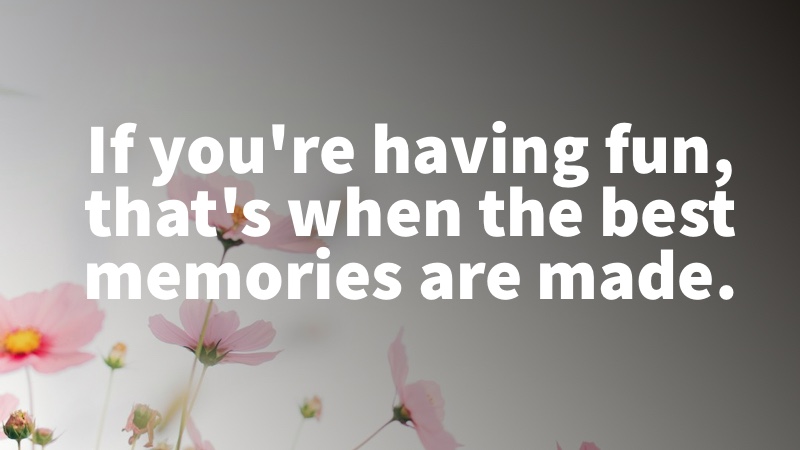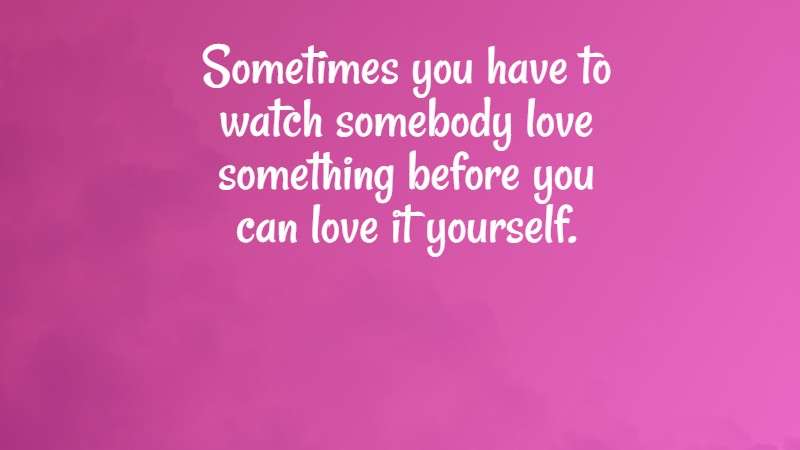We all have our good days and our bad days.
What’s today?
Let’s find out!
Thelma (Movie)
About the Author
“Thelma” is a 2023 dark comedy horror film directed by Josh Margolin in his feature directorial debut. The movie stars June Squibb as the title character, a 93-year-old woman who goes on an unexpected adventure after falling victim to a phone scammer who steals $10,000 from her.
The quote comes directly from Thelma herself (played by Squibb) in a key moment of the film where she displays her optimistic and determined attitude. Thelma delivers this line to demonstrate her philosophical approach to life’s ups and downs, particularly meaningful as she embarks on her quest to recover her stolen money.
June Squibb, who plays Thelma, brings authenticity to the role as she was 93 years old during filming. Squibb began her career on Broadway in the 1950s but didn’t achieve mainstream recognition until her 80s, when she received an Academy Award nomination for her role in “Nebraska” (2013). Her late-in-life success story mirrors some of Thelma’s spirit in the film.
The movie premiered at the 2023 Sundance Film Festival where it won the Audience Award in the U.S. Dramatic Competition. Critics praised the film for its unique blend of genres and for giving Squibb a rare leading role that showcases both physical comedy and emotional depth. The film tells a story about aging, resilience, and finding strength when society often dismisses the elderly.
The Meaning of the Quote
This quote captures a simple yet profound philosophy about approaching life one day at a time. The first part acknowledges a universal truth: we all experience both good and bad days. The second and third parts shift into action mode, asking what today will bring and showing eagerness to find out rather than making assumptions.
The beauty of this mindset lies in its acceptance of life’s natural rhythm while maintaining curiosity and openness. Unlike those who dread bad days or anxiously predict negative outcomes, this approach treats each day as an opportunity for discovery.
A friend of mine adopted this philosophy after recovering from depression. “I used to wake up already deciding the day would be awful,” she told me. “Now I ask myself each morning: ‘What kind of day will this be?’ and wait to see what unfolds. Some days still bring challenges, but I stopped ruining good days with negative expectations.”
Try applying this wisdom with these practical approaches:
Start your morning by acknowledging the possibility of either a good or bad day, then commit to finding out which it will be rather than predicting the outcome.
Create a quick evening reflection ritual. Ask yourself: “Was today good or bad? What made it so?” This builds awareness of what actually creates your good and bad days.
Break the pattern of catastrophizing. When something goes wrong early in your day, say to yourself: “This doesn’t determine the entire day. Let’s see how things unfold.”
A teacher I know uses a similar approach with her kindergarten students. Each morning, they move a clothespin to either the “great day,” “okay day,” or “tough day” board. Throughout the day, students can move their pins as their day changes. “The kids learn that a day isn’t fixed,” she explains. “A bad morning can turn into a good afternoon.”
This quote also teaches the value of presence. By asking “What’s today?” we’re pulled into the present moment rather than dwelling on yesterday or worrying about tomorrow.
My neighbor Tom, who survived a heart attack at 52, puts it this way: “Before my heart attack, I lived either regretting the past or fearing the future. Now I wake up and think: ‘Let’s find out what today brings.’ Some days still bring pain or problems, but I no longer waste the good days worrying.”
The final part of the quote, “Let’s find out!” adds a touch of adventure to daily life. It transforms each day from a predetermined outcome into an unfolding story. This small shift in perspective can turn routine into exploration.
Even on difficult days, this mindset helps us stay engaged rather than check out. When we approach challenges with curiosity rather than dread, we often find unexpected moments of joy or learning within them.



Deja tu opinión sobre esto